Indonesian military powerbrokers call time on Prabowo-Jokowi bromance
A palace briefing has exposed a power struggle between Jokowi loyalists within the President’s inner circle and military powerbrokers intent on winding back the clock.
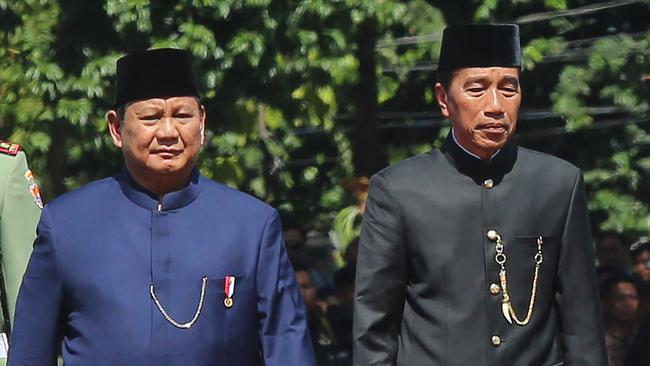
Former Indonesian president Joko Widodo had barely left the ground on Thursday bound for the Vatican as Prabowo Subianto’s chosen envoy to the papal funeral, when his political successor wheeled out another emissary to lob bombs in his wake.
In a presidential palace press briefing that has exposed a dangerous power struggle between Jokowi loyalists and military powerbrokers, Prabowo’s special adviser on security and political affairs, Wiranto, said the President was “studying” a letter of demands from hundreds of retired military officers.
Among their eight demands was that Jokowi’s oldest son, Gibran Rakabuming Raka be removed as Indonesia’s democratically elected Vice-President, that Jokowi loyalists be routed from the Prabowo administration, and Jokowi’s legacy Nusantara capital city project be removed from the government’s priority list.
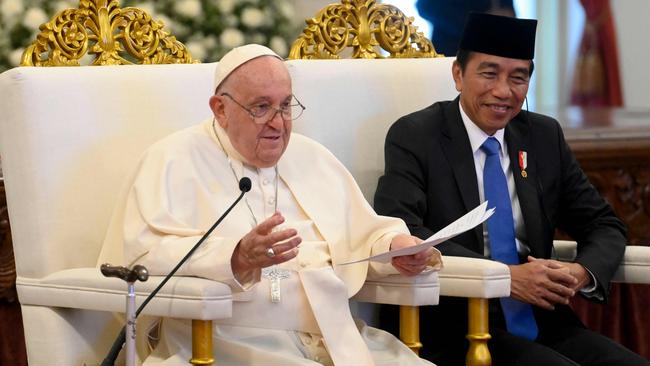
If that was not incendiary enough, the letter also calls for the national police to be folded into the Home Ministry, as it was under the Suharto regime, and for the country to return to the 1945 constitution in which the president is elected by parliament and not the people – in other words, a return to the authoritarian New Order.
“The President respects and understands those thoughts because we know he and the retirees share the same struggle, the same service, and of course the same moral stance,” Wiranto said, adding that he was briefing at the President’s request, who wanted to assure he group he was not ignoring them.
“However, of course, the President, as head of state and head of government, supreme commander of the TNI (military), cannot respond spontaneously.
“First, he needs to study the content of that statement, the content of those proposals, study them one by one because these are not light matters. They are, I think, fundamental.”
While Prabowo was indeed head of state, head of government and the military, he was bound to respect the constitutional separation of executive, legislative and judicial powers, Wiranto explained, adding the President would listen to many voices on the issue. What to make of this Machiavellian shadow puppetry?
Is it a palace coup? An attempt to quieten a bunch of grumpy old warhorses? A test of Indonesians’ attachment to direct presidential elections? Or simply the end of Indonesia’s great political bromance?
“I think in the bigger picture you should read this as an internal struggle between two big factions,” says Indonesian political analyst and pollster Kennedy Muslim. On one side is a military faction led by Prabowo’s brother, Hashim Djojohadikusumo, and his Defence Minister, Sjafrie Sjamsoeddin. On the other is Jokowi himself – the man whose public support was critical to Prabowo’s election victory – and Sufmi Dasco Ahmad, a Jokowi loyalist and now also a Prabowo lieutenant.
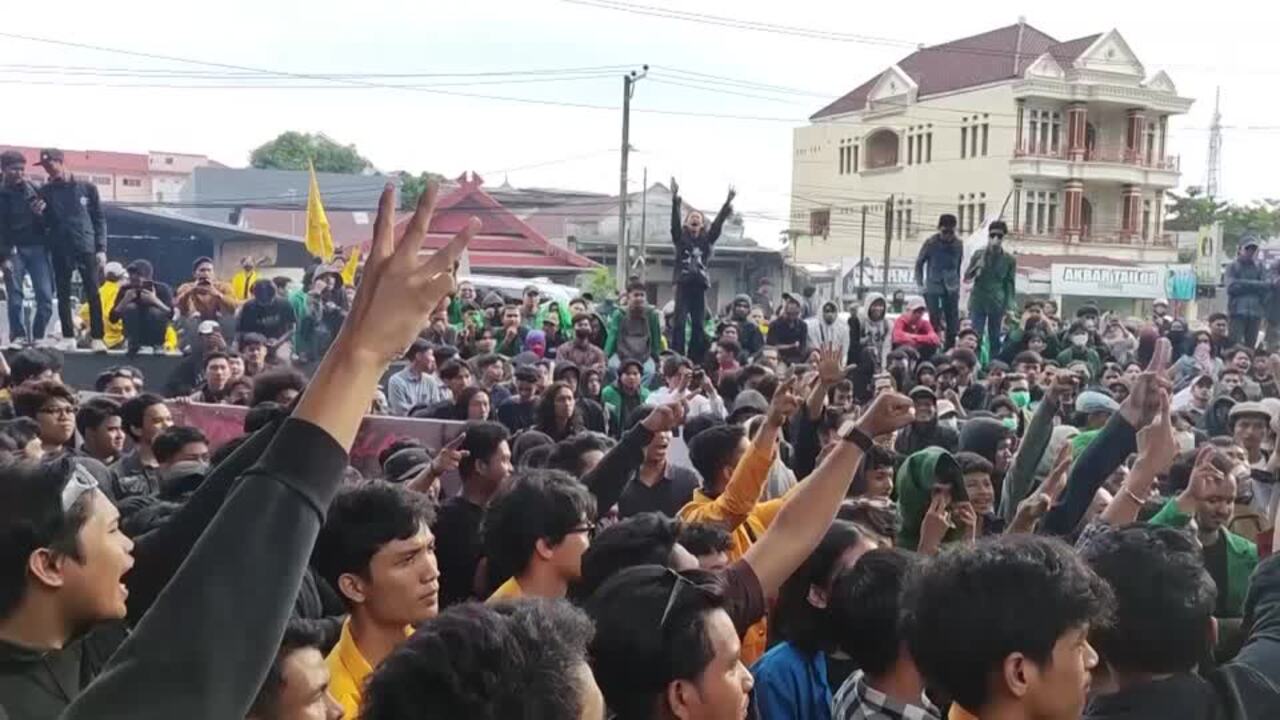
If it were simply a struggle for political dominance, that would be one thing. After all, there are few champions left in Jakarta these days for Jokowi’s multibillion-dollar white elephant capital city, nor it seems for the country’s callow Vice-President, Gibran.
But, in fact, the stakes could scarcely be higher.
Should the military faction get its way, Indonesia could find itself sliding back to its authoritarian past – just as many critics feared would happen under Prabowo, a military strongman who has historically advocated a winding back of democracy but remodelled himself just in time for last year’s election. The military’s role in civilian life has already been significantly expanded since Prabowo took office last October.
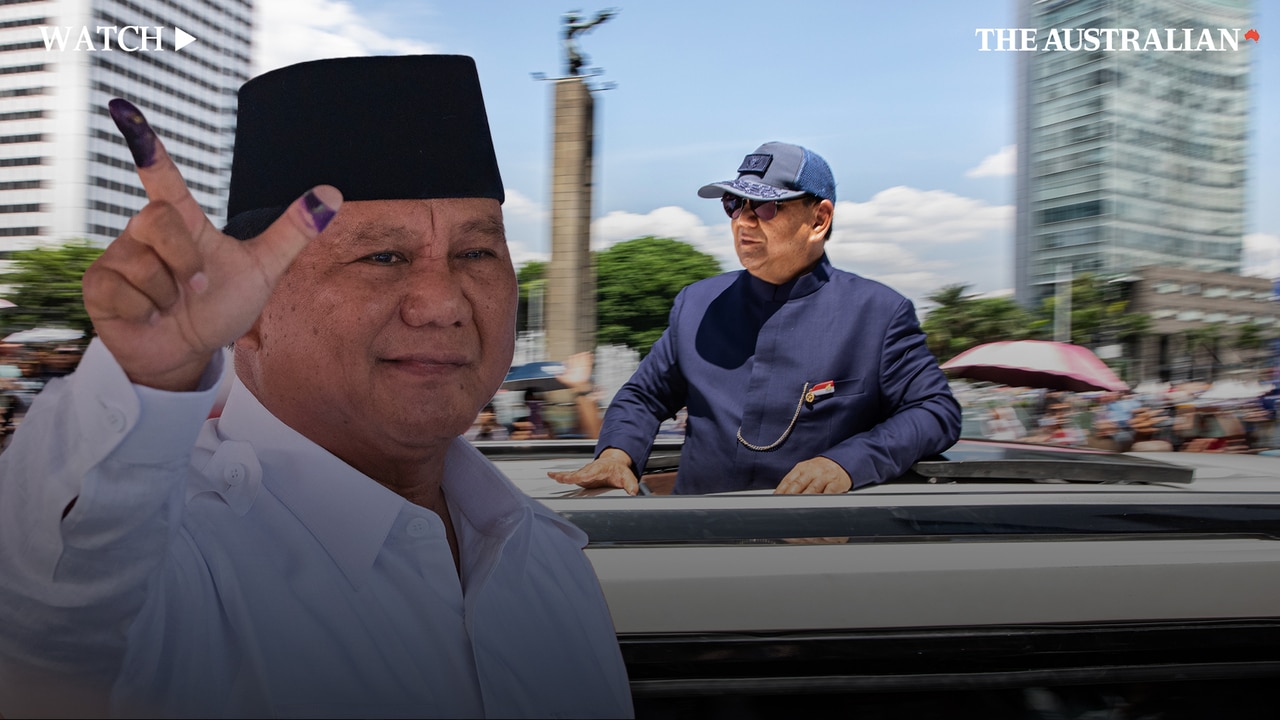
While it is hard to know what has prompted this political intrigue, some point to a string of senior political figures paying public tribute to their “boss” Jokowi during the recent Idul Fitri holiday and subsequent reports – no doubt galling – of two competing centres of power.
“A return to the original 1945 constitution is a standard call from conservatives in Indonesia so no one would be surprised they’re calling for that,” says Australian National University emeritus professor and Indonesia analyst Greg Fealy. But the demand for Gibran’s removal, combined with the call to downgrade work on Nusantara and expel Jokowi loyalists from government was a “full-frontal assault on Jokowi and his interests”.
“This is an open challenge to the continued presence of Jokowi and Jokowi people within cabinet and government, including his son. The question is whether the people calling for it are going to make any difference,” Professor Fealy added. “What will be telling is whether or not Prabowo rejects this emphatically.”


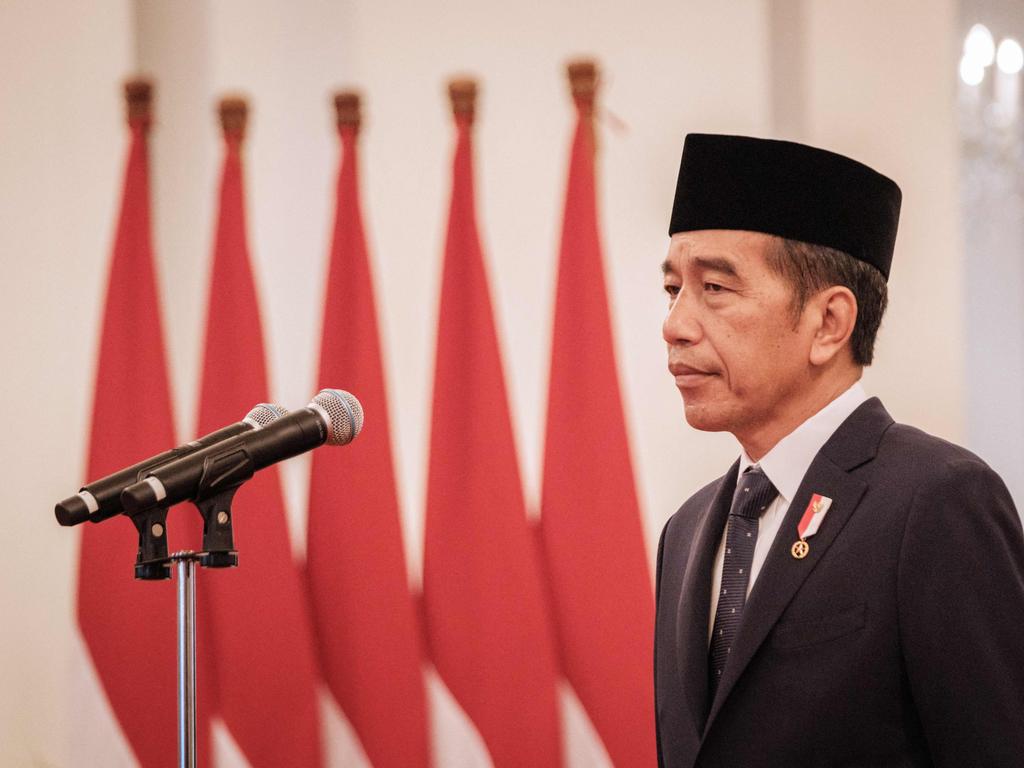


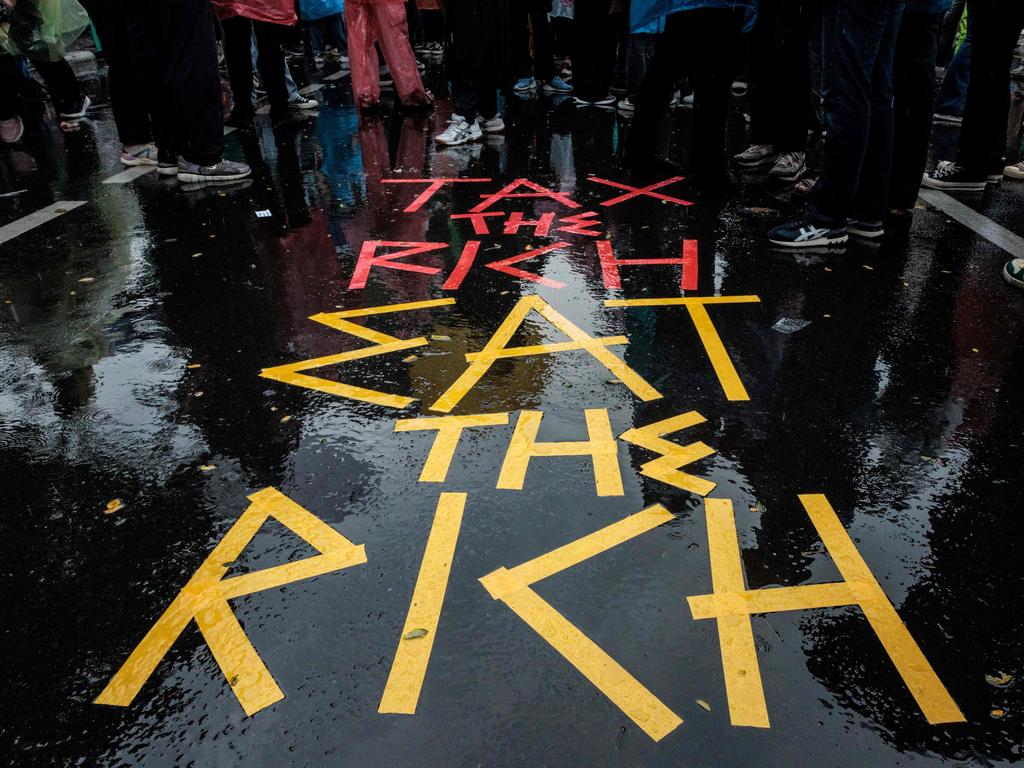

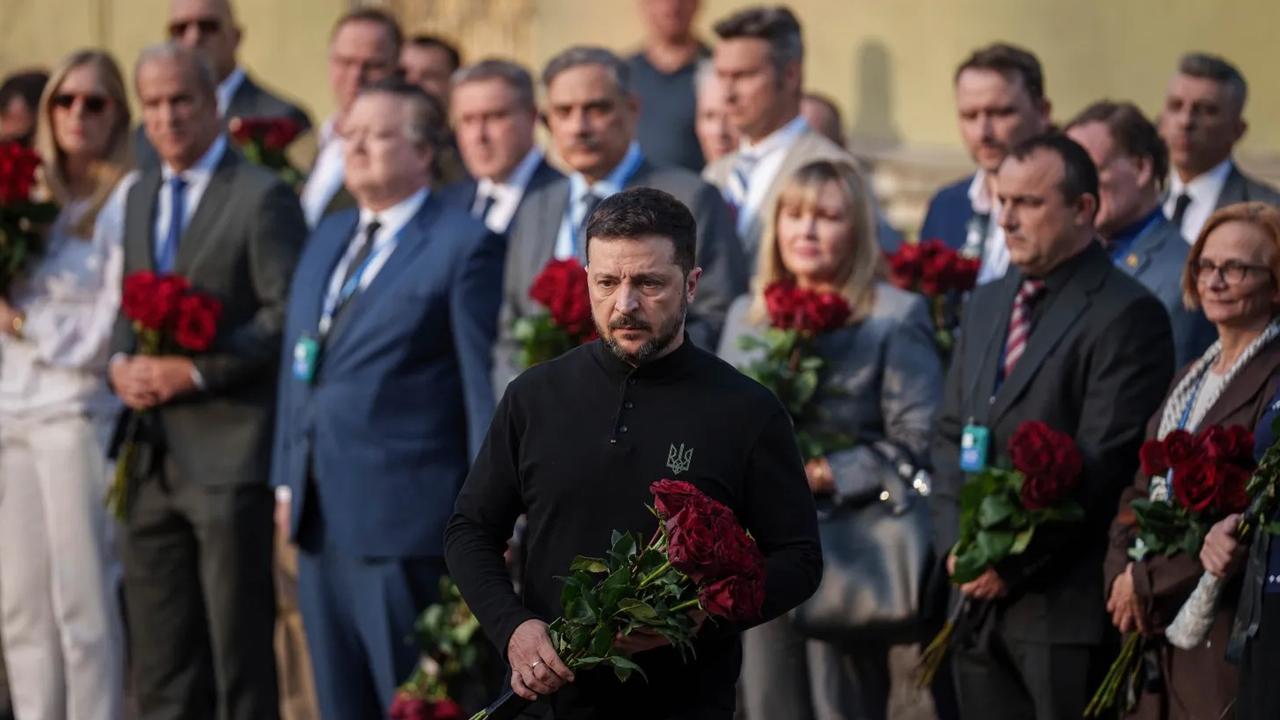
To join the conversation, please log in. Don't have an account? Register
Join the conversation, you are commenting as Logout